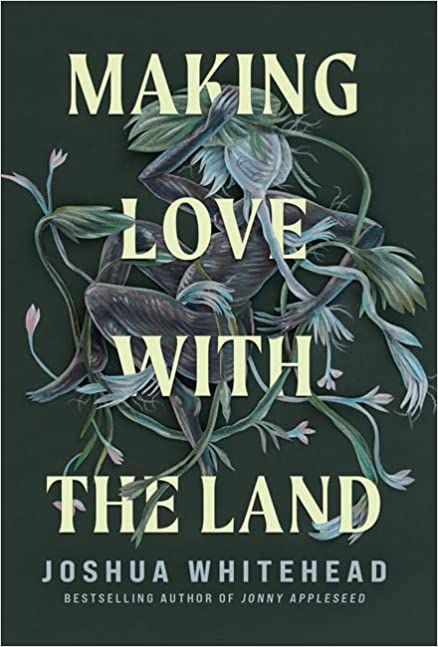While in Toronto, a reporter, having researched me thoroughly, asked: “So Josh, can you tell me how the death of your grandmother has influenced your novel?” Being a fledgling writer at the time, I accommodated the request and reluctantly retold the story of my grandmother’s murder in the sixties — at which the reporter nodded, jotted down notes, quickly thanked me, and said goodbye. What has shaken me about this experience is that it was not the first time that type of extractive questioning about personal histories and my experiences with trauma has cropped up, nor will it be the last, and while the reporter maintained their agency and left unencumbered by wounds, all set with fresh insight into their critical angle about my book, I found myself in downtown Toronto racked with grief and holding myself through a particularly intense anxiety attack. It was a slaughtering. I felt disembodied, I reeled amongst an onslaught of noise pollution: honking cars, pedestrian babble, sirens, the heavy rumble of a train. I found myself in Toronto’s downtown shopping mall, the Eaton Centre, sitting in the food court sobbing uncontrollably, much to the dismay of those eating fast food around me. I must remember that a story can be eaten like a body. I am laying claim to the sovereignty of my stories.
